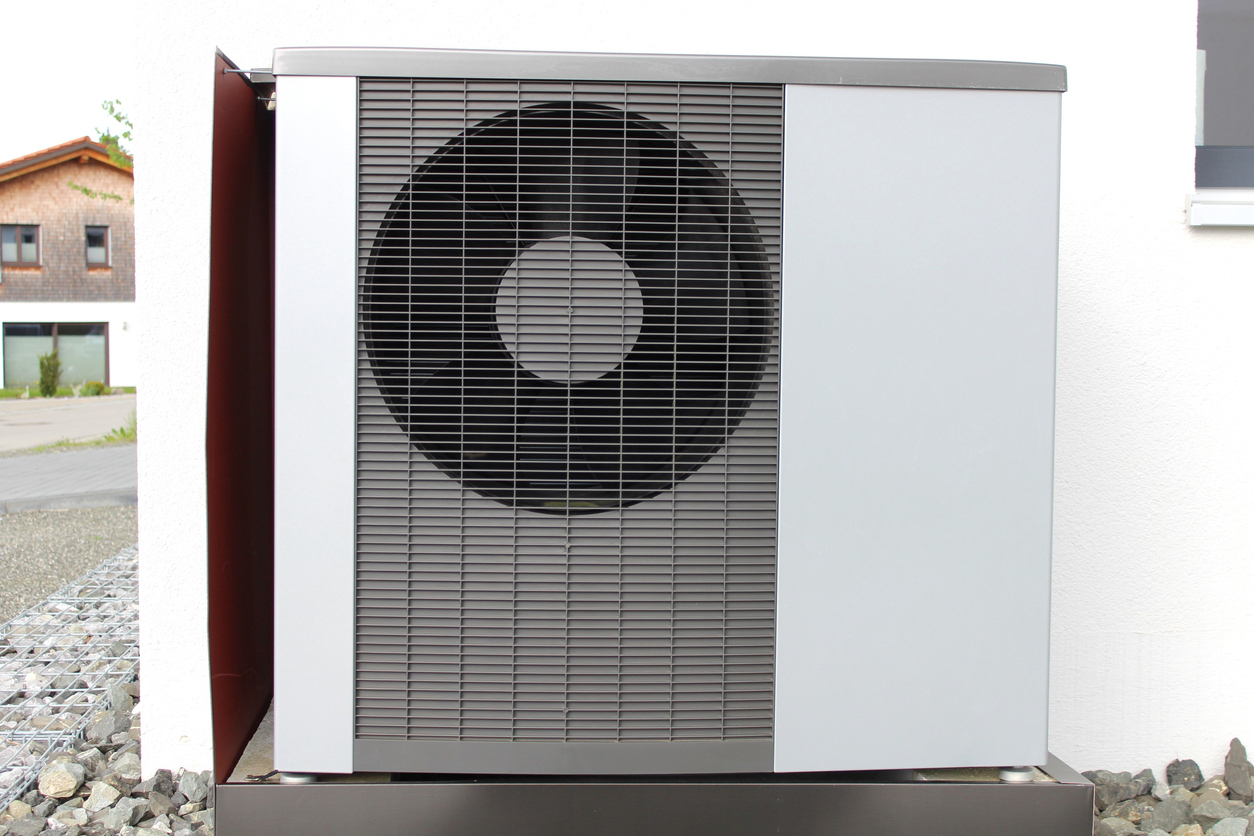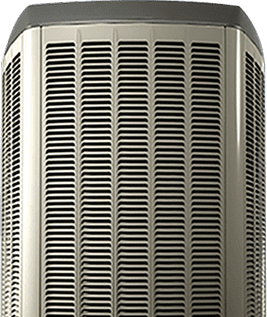How long do heat pumps last

How long do heat pumps last
Today, we’ll look into a frequently asked question among homeowners: “How long do heat pumps last?” We recognize the value of knowing the service life of your heat pump as your trusted HVAC experts. Join us as we explore the factors which impact its longevity, maintenance tips to extend its life, and how our team can assist you in making the most of your heat pump investment.
So, if you want to learn more about heat pumps and their intended lifespan, keep reading!
How long do heat pumps last in Canada?
The lifespan of a heat pump in Canada will differ according to different variables, including the condition of the unit, the brand, the installation quality, and how well it has been maintained over time. That being said, you can expect a well-maintained heat pump in Canada can last 15 to 20 years on average.
Keep in mind that in harsher climates, such as parts of Canada where the wintertime can be freezing, the heat pump may experience more strain and wear. And as a result, this increased deterioration may have an impact on its longevity. However, if you have a modern heat pump installed, particularly one that is intended for colder climates, this wear and tear should be minimal.
Ultimately, routine upkeep is critical in prolonging the service life of a heat pump. A heat pump, like any mechanical system, requires regular maintenance and cleaning so it can function correctly. Therefore, a professional HVAC technician should inspect and service your heat pump no less than every twelve months, preferably before the wintertime arrives. Again, routine servicing ensures that the unit will operate efficiently and that any problems will be identified and addressed as soon as possible.
Moreover, a heat pump’s longevity is also dependent on proper installation. A properly installed unit will run more efficiently and have fewer issues over its lifetime. That is why it is critical to hire a reputable HVAC company, such as M&K Heating and Air Conditioning, to install your heat pump from the beginning.
Can a heat pump last 30 years?
While it is not impossible for a heat pump to last 30 years, it is unusual. As previously stated, the average lifespan of a well-maintained heat pump is 15 to 20 years. However, certain variables may affect whether a heat pump will last 30 years or more:
· Unit Quality: Higher-quality units may last longer.
· Maintenance Schedules: Regular maintenance can help to extend the life of a heat pump.
· Use and Climate: Excessive use and severe weather can have an impact on the unit’s longevity.
· Professional Installation: Proper installation is critical for performance and durability and may contribute to a longer lifespan when coupled with proper maintenance.
· Technological Advances: Newer models may be more efficient and have preventative features that enable heat pumps to last upwards of 30 years.
How often do heat pumps need to be replaced?
The precise timing of replacement may differ based on a variety of factors, including:
· Maintenance: Routine maintenance can help to extend the life of a heat pump. If properly maintained, it could last up to 20 years. Neglecting maintenance, on the other hand, may result in a shorter lifespan and an earlier replacement, which can be more costly and inconvenient.
· Usage Patterns: Heat pumps that run all year or are heavily used may wear out faster than those that are used sparingly.
· Climate: Heat pumps in regions with more severe environments may have a shorter useful life because they are put under more strain during extreme temperatures.
· Repair Costs: If your heat pump requires extensive and expensive repairs often, it may be more cost-effective to replace it with a newer, more efficient model.
Given these variables, homeowners should expect to replace their heat pump after 15 to 20 years. It is critical to monitor the unit’s performance, energy efficiency, and any indications of deterioration in operations. If your heat pump is approaching the end of its expected lifespan or is causing frequent problems, it may be time to start thinking about replacing it.
Think about the cost of repairs, energy savings with a new unit, and the possible advantages associated with cutting-edge technology when deciding whether to repair or replace a heat pump. A trusted HVAC professional can assist you in making an informed decision about the best course of action for your particular circumstances.
How do I know if my heat pump needs replacing?
Recognizing when it’s time to replace your heat pump entails taking multiple variables into account and being alert to warning signs that indicate a decline in performance. Here are some indicators that your heat pump needs to be replaced:
· Age: If your heat pump is approaching or has exceeded its average lifespan of 15 to 20 years, it’s time to think about replacing it, especially if it’s been having problems.
· Repairs: If your heat pump needs frequent and expensive repairs, it may be more economical to invest in a new, dependable unit.
· Declining Performance: If your heat pump is having difficulty maintaining consistent temperatures inside or is taking longer to heat or cool your home, its efficiency may be deteriorating.
· Rising Energy Bills: As a heat pump ages, it starts to become less energy-efficient, which leads to higher energy bills than usual.
· Strange Noises: Strange noises, such as grinding, squealing, or rattling, may indicate mechanical issues with the heat pump.
· Inconsistent Airflow: If certain parts of your home receive insufficient heating or cooling, your heat pump may be suffering from airflow problems.
· Frequent Cycling: Heat pumps cycling on and off often may indicate an ineffective or struggling system.
· Uneven Heating/Cooling: Unbalanced temperatures throughout your home may suggest that your heat pump is having difficulty effectively distributing conditioned air.
If you observe any of these symptoms, you should have your heat pump examined by a professional HVAC technician. They can check it, advise you on repairs versus replacement, and help you choose the best solution for your cooling and heating needs. Contact us today to learn more!
